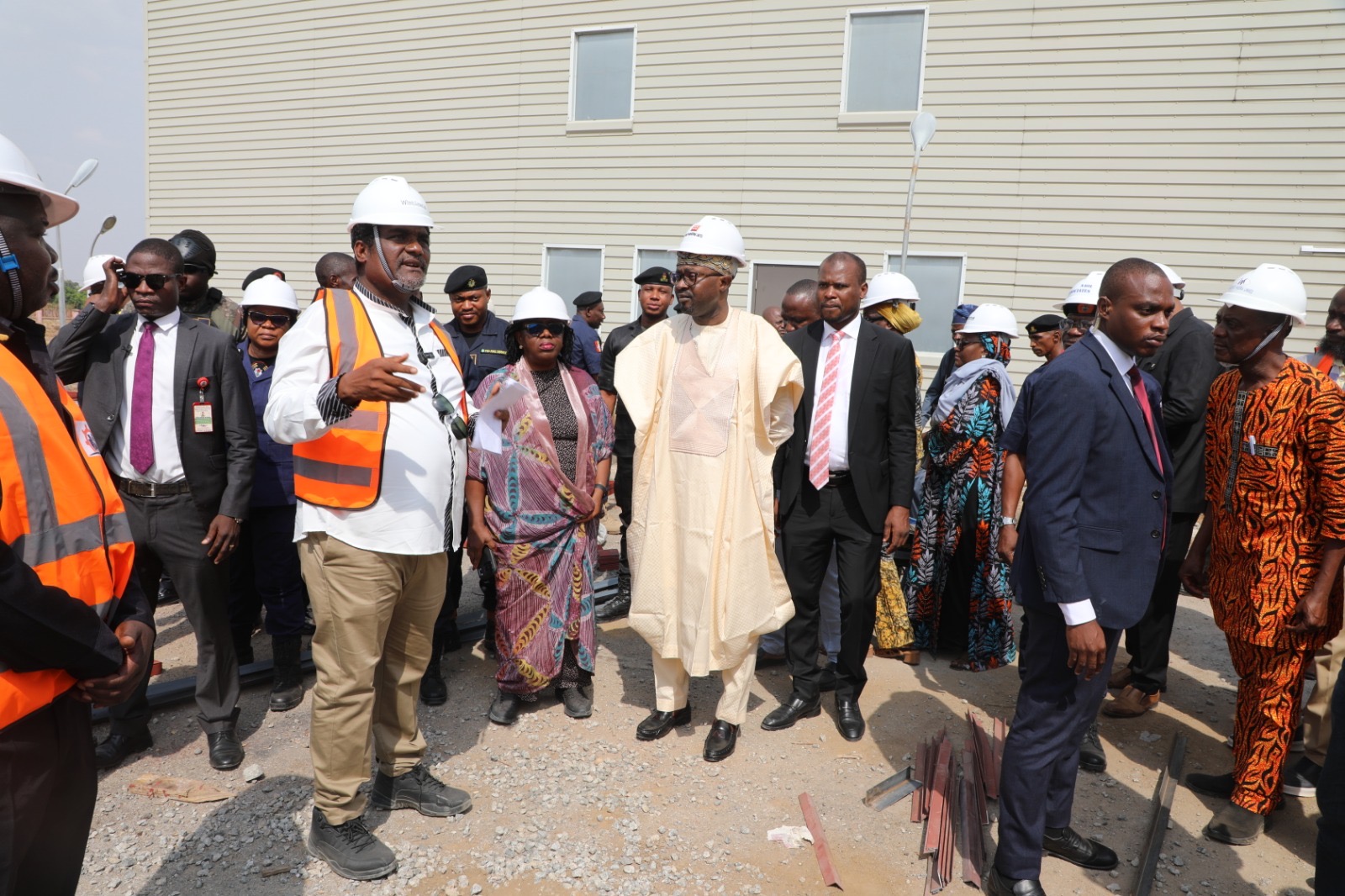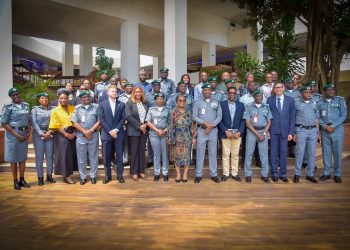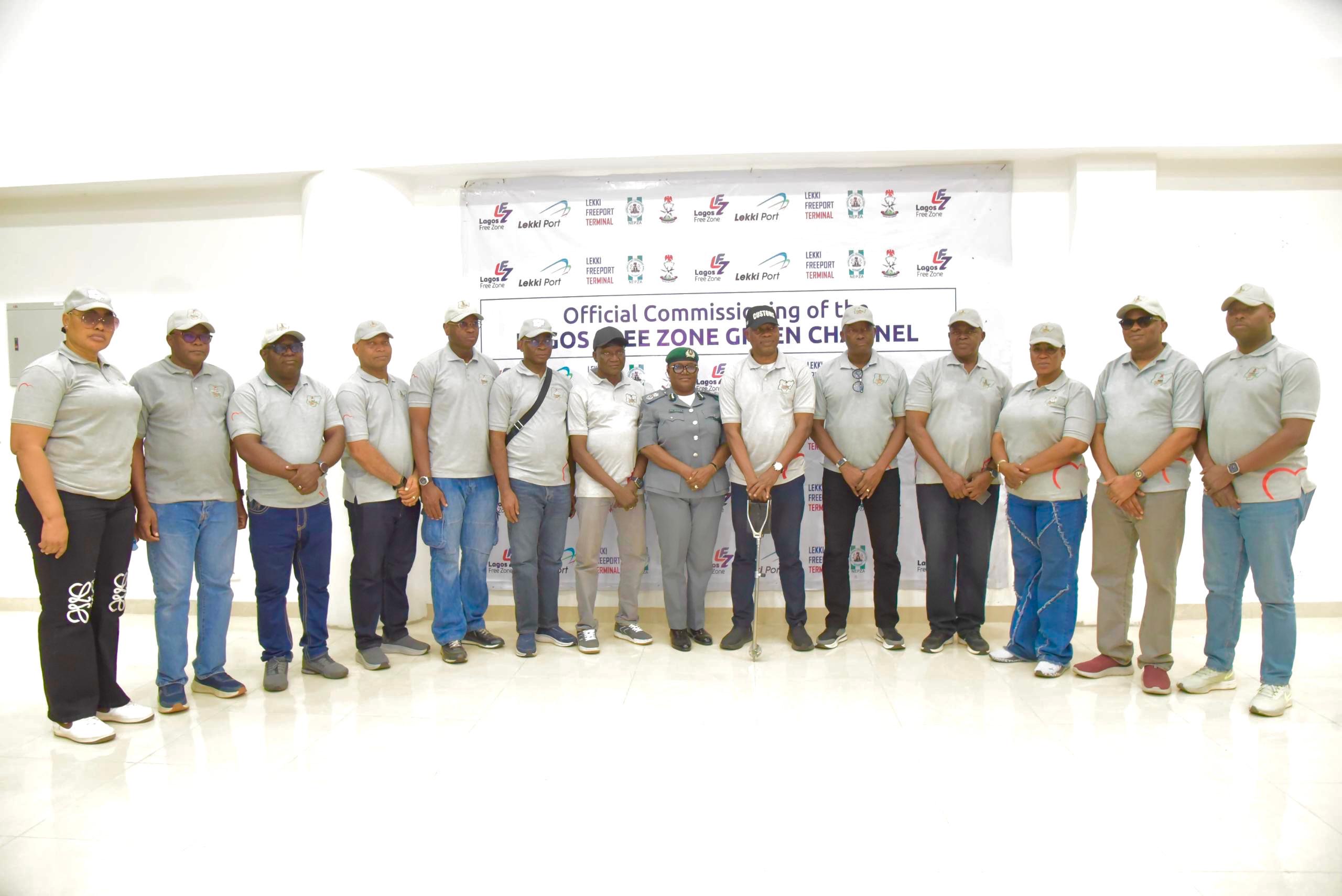By Nkechi Eze
The Federal Government has emphasized the urgent need for broad-based stakeholder engagement in addressing the growing threat of climate change, noting its far-reaching implications for national security, food production, and sustainable development.
This call was made by the Secretary to the Government of the Federation (SGF) during a courtesy visit by a delegation from the African Centre for Climate Actions and Rural Development Initiative (ACCARD), led by its Founder and Centre Coordinator, Freeman Elohor Oluowo. The delegation, accompanied by representatives of the African Climate Foundation (ACF), met with the SGF in Abuja to discuss potential areas of collaboration.
In a statement issued by Segun Imohiosen, Director of Information and Public Relations in the Office of the SGF, it was disclosed that the SGF identified human activities, particularly the burning of fossil fuels, deforestation, and changes in land use as key drivers of climate change. He noted that these activities have not only caused severe environmental degradation but have also exacerbated desertification, forcing herders to migrate in search of greener pastures and, in many cases, sparking deadly clashes between herders and farmers.
To address these challenges, the SGF called for continuous advocacy and increased sensitization of communities on the dangers of climate change. He underscored the importance of changing public attitudes and behaviors toward the environment and assured the delegation of the government’s commitment to creating an enabling policy environment that would support climate action.
In his remarks, Freeman Elohor Oluowo said ACCARD is seeking to work closely with the Federal Government to drive policy reforms and implement sustainable climate initiatives. He stated that the Centre is already in collaboration with the World Bank, the African Climate Foundation, and other relevant ministries, departments, and agencies (MDAs) to promote climate-smart policies and practices.
Oluowo emphasized that sustainable land use and inclusive policy development are vital to ending recurring herders-farmers conflicts, which have led to significant loss of lives and property across the country. He noted that with the right policies and robust stakeholder engagement, Nigeria can make meaningful progress toward mitigating the effects of climate change and fostering lasting peace and development.
















